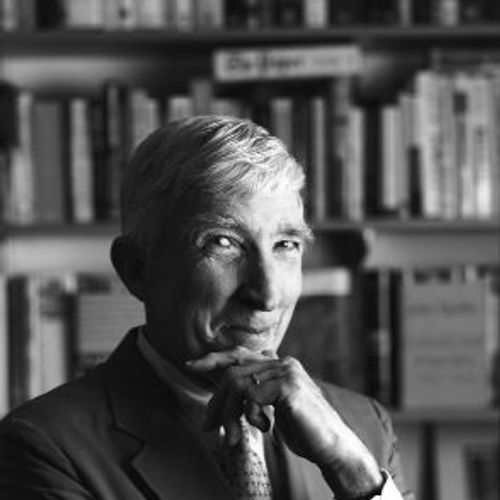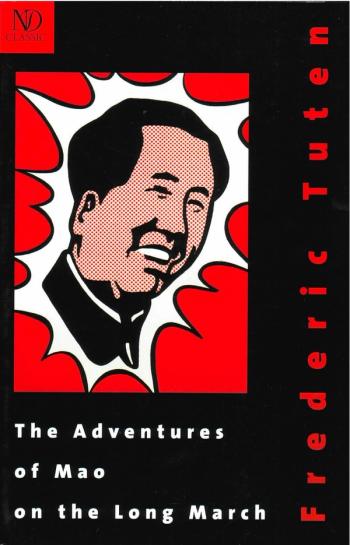John Updike
John Updike was born in Reading, Pennsylvania. After graduating from Harvard in 1954 with a degree in English, he became a regular contributor to The New Yorker. Although he only worked there for two years, the publication would publish him frequently throughout his life. Updike wrote four novels featuring a protagonist named Rabbit Angstrom, a man who was emblematic of middle-class America. Later, Updike’s novels explored the decline of social mores, including infidelity and adultery. Over his lifetime, Updike published dozens of novels and short stories, poetry, art criticism, literary criticism and children’s books. He is one of only three authors to win the Pulitzer Prize for Fiction multiple times.

